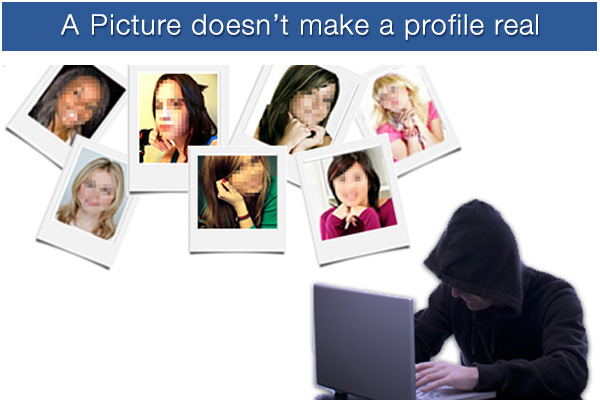Mobile smartphones and the internet have changed the way we interact in unprecedented ways. While there is no denying the many benefits of this, the drawbacks are also clear. This has especially become apparent in the world of teenagers and younger children. Cyberbullying is one of the worst culprits, and has spread through the country's cities and schools at an alarming rate.
Social media has taken the age-old problem of bullying and turned it into something even worse than it already was. No child is immune to this problem, and although it seems to be at its most prevalent in high schools, middle-school and even elementary school kids are impacted.
Read More »




















